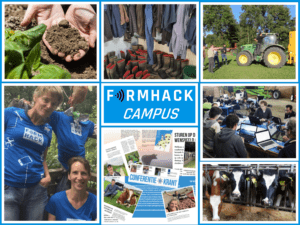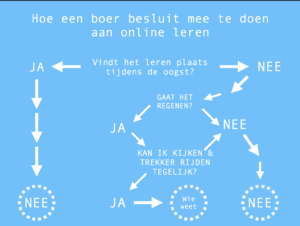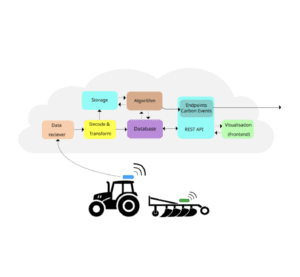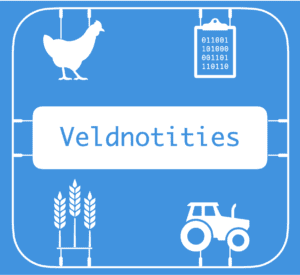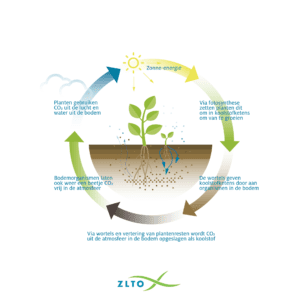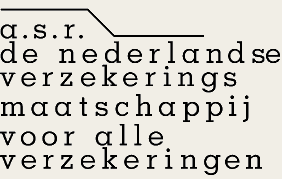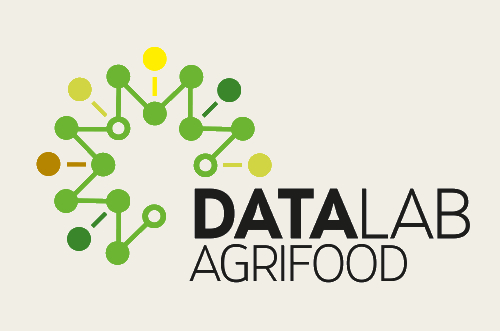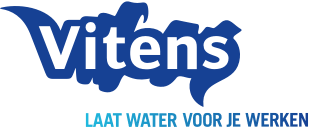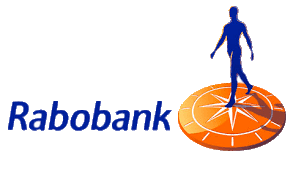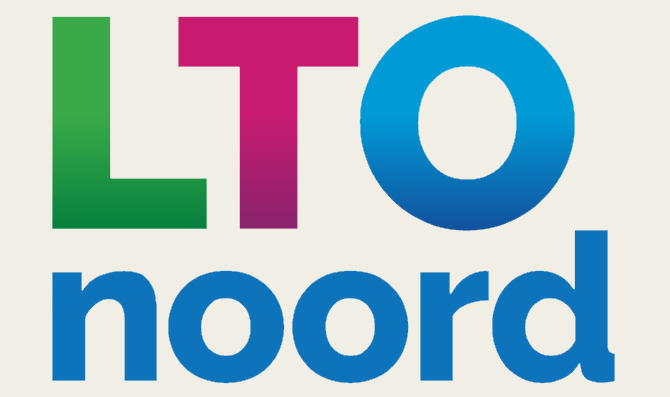
Door Josien Kapma
AgriVision Hack: smart sharing of data
A golden piglet received from the hands of Mr. Kofi Anan… it was the award ceremony for the winning team of the AgriVision Hackathon. “Something I could never have imagined, extremely cool”, one of the prize winners later commented. The solution that won them the prize is a growth monitor they baptized SwineSmarts, meant for pig-farmers, based on (big) data. Data that can be used hassle-free, thanks to a governance tool for data sharing, OADA.
The team had been elected as winner, on the spot, by the 300+ people attending Mr Kofi Anan’s keynote at the conclusion of the AgriVision conference. Like the four other teams, they pitched their hack for the audience right after they had continuously worked on it for the past day, night and day before.
That is what a hackathon is: a pressure cooker event where programmers, data scientists, designers, and other experts work together intensively to develop IT-driven innovations.
The aim of the AgriVision hackathon was to showcase the potential of data for innovation in the pig production system.
Special about this hackathon was how companies from throughout the industry, even competitors in some cases, decided to collaborate and share specific sets of their data. These companies donated data, apart from Nutreco: Agrisyst, ForFarmers, Hendrix Genetics, Nedap and Vion. FarmHackNL’s CEO and founder, Anne Bruinsma, emphasized the rational for sharing data and more open innovation in her keynote.
Companies from throughout the industry sharing data for collaborative innovation. The course for the future has been set.

These are the challenges the participants in the hackathon worked on:
- Health and nutrition for fattening pigs
- Optimal sow health
- Intervention-free pig rearing
- Short supply chains
Thirty-five hackers were slaving away in a room separate from the rest of the conference. Some of them worked around the clock, others rolled out a mat in the basement of the hotel to get a few hours of sleep.
The five teams came up with data-rich, high-tech and sometimes unconventional solutions. What to think of pig or group behaviour ‘read’ by computers that are self-learning? That way you have eyes and ears in the barn 24/7. Or individualized nutritional advice for sows. Also: biometric identification for pigs, to avoid the use of tags or any other intervention, including antibiotics, to the animal.
In the coming days we will be posting more on each team, for now this video will give you an impression.
Simeon Nedkov, CIO FarmHackNL, and Aaron Ault, farmer / OADA Purdue University explaining the AgriVision Hackathon.
This is part of a series about the results of the AgriVision Hack 2017 organized by FarmHackNL. These are all posts in the series:



